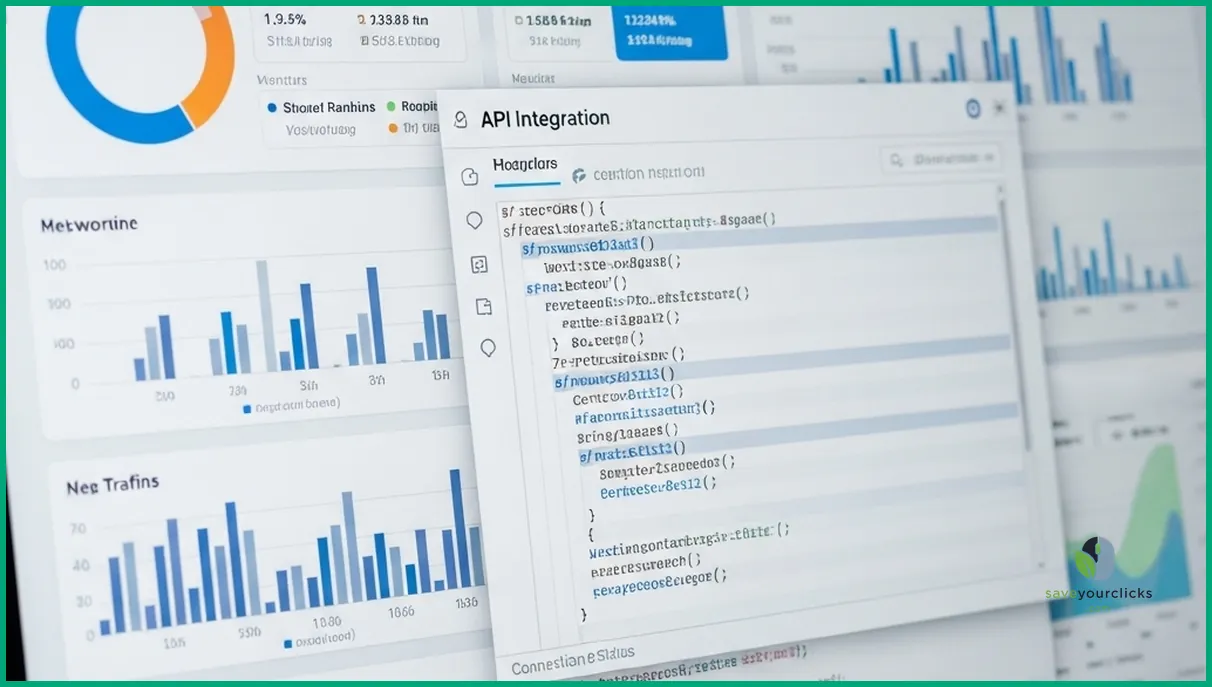You can use an Open AI API-key for free by joining trusted data-sharing communities or platforms that pool usage and share access responsibly. This guide explains the practical steps, risks, and best practices for leveraging shared Open AI API access, especially for SEO tasks.
Expertise, Transparency, and Limitations
This article draws on experience in AI productivity, SEO automation, and community best practices. We reference public documentation, community discussions, and real-world user reports. OpenAI’s terms and security policies can change—always verify current rules and use shared keys ethically and securely.
What Is an Open AI API-Key and Why Is It Needed?
An Open AI API-key is a unique code that enables you to access OpenAI’s language models (like GPT-4) programmatically. This key authenticates your requests, tracks usage, and enforces quotas. For SEO tasks, such as keyword research or content clustering, having API access is essential for automating workflows.
How Data Sharing Makes Open AI API-Key Access Free
Data sharing involves multiple users pooling resources or sharing a single API-key to distribute costs, or, in some cases, to use leftover free trial credits. This approach is popular in forums, Discord groups, or through platforms that facilitate collaborative API usage for non-commercial projects.
Step-By-Step: Using an Open AI API-Key for Free via Data Sharing
1. Find a Reputable Community or Platform
Look for trusted online communities, such as private developer forums or vetted Discord servers, where members share API-key access. Avoid public postings—these are often abused and quickly deactivated.
2. Understand the Terms and Risks
Before using a shared API-key, review the platform’s rules and OpenAI’s guidelines. Some communities only allow non-commercial use. Misuse can result in loss of access or even account bans.
3. Integrate the Shared API-Key for SEO Tasks
Once you have access, you can use the API-key in your SEO automation tools. For example, tools like keyword clustering tool may allow you to enter an API-key to batch process keywords or generate content ideas.

4. Monitor Usage and Respect Limits
Shared API-keys typically have daily or monthly usage caps. Track your activity and avoid running large jobs that could exhaust the quota for others. If you notice performance drops, the key may have hit its limit or been rotated.
Comparison: Free Access Options for Open AI API
| Method | Typical Use Case | Risks | Limits |
|---|---|---|---|
| Official Free Trial | New user evaluation | Expires after credits used | One per account |
| Data Sharing in Communities | Collaborative projects | Key may be revoked | Subject to quota |
| Third-Party Platforms | Automated SEO tasks | Possible data privacy issues | Platform-specific |
| Publicly Posted Keys | Short-term experiments | High risk of abuse | Unreliable |
| Personal Paid Key | Business use | Cost incurred | Based on plan |
Best Practices for Safe and Ethical Data Sharing
- Only join invite-only or vetted communities for API-key sharing.
- Never use shared keys for commercial or sensitive data processing.
- Limit your usage to fair, agreed-upon levels.
- Rotate keys regularly and report misuse to moderators.
- Always respect OpenAI’s terms of service and community guidelines.

Common SEO Tasks Enabled by Open AI API-Key
- Bulk keyword clustering for content planning
- Automated content idea generation
- Meta description and title tag suggestions
- Text summarization for reporting
- Competitor content analysis
Ready to Try Automated SEO Workflows?
If you want to streamline your keyword research or content planning, explore tools like saveyourclicks that integrate Open AI API-key functionality. To discuss your specific needs, schedule a quick call with an expert.
FAQs: Using Open AI API-Key for Free by Data Sharing
Is sharing an Open AI API-key allowed?
OpenAI’s terms generally prohibit sharing keys outside your organization. Always check the latest policies and only participate in ethical, non-commercial sharing.
How do I find a safe data-sharing group?
Seek invite-only tech communities or ask trusted colleagues for recommendations. Avoid public forums, which are often targeted by abusers.
What are the risks of using a shared API-key?
Risks include sudden loss of access, data privacy concerns, or being associated with misuse. Use only for low-risk, non-sensitive tasks.
Can I use a shared key for commercial SEO projects?
This is not recommended. Most shared keys are for educational or personal use only, and commercial use may violate terms.
How do I protect my data when using a shared key?
Never process confidential or sensitive information. Limit requests to general SEO tasks and avoid uploading proprietary data.
What happens if the shared API-key stops working?
Access may be lost due to quota exhaustion or revocation. Have a backup plan, such as your own trial key, for critical workflows.
Are there alternatives to data sharing for free access?
Alternatives include using official free trials, open-source models, or platforms that offer limited free Open AI API access.
Can I use Open AI API-key for SEO tasks like keyword clustering?
Yes, many SEO tools and scripts support API-key integration for clustering, content analysis, and more. Always respect usage limits.
What should I do if I suspect abuse in a shared group?
Report suspicious activity to moderators and cease use until the issue is resolved. Responsible communities take misuse seriously.
Methodology & Limitations
This guide is based on public documentation, expert forums, and user experience reports. We do not endorse violating OpenAI’s terms or using unauthorized data-sharing methods. Details are accurate as of June 2024, but policies and technical controls may change. Always verify current rules and use shared access responsibly.
Take Your Next Step with Responsible API Access
Ready to automate your SEO research or content workflows? Review your options for API-key access, and consider exploring solutions like the keyword clustering tool from saveyourclicks to streamline your process. Always prioritize security and ethical use when leveraging shared resources.



